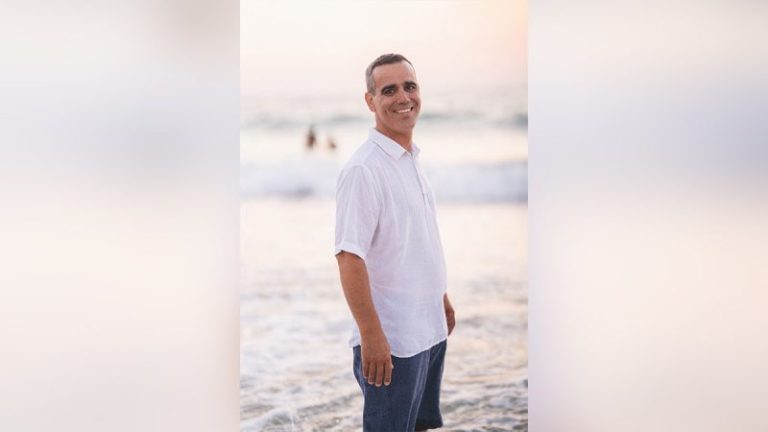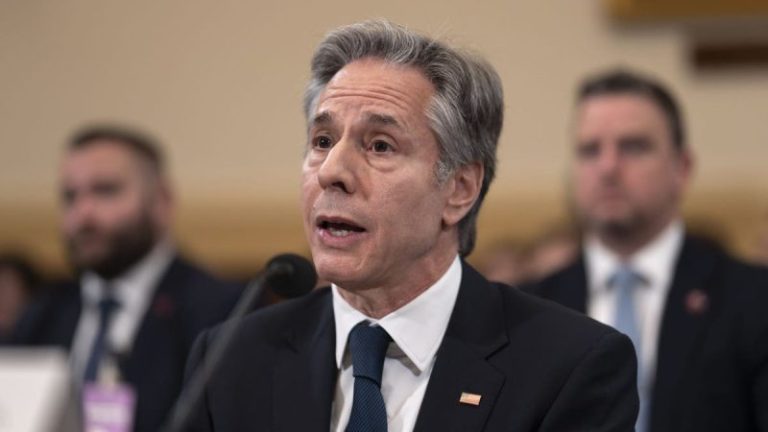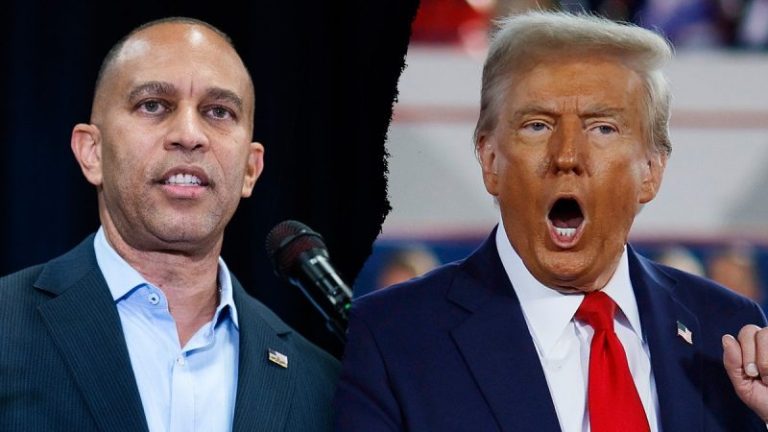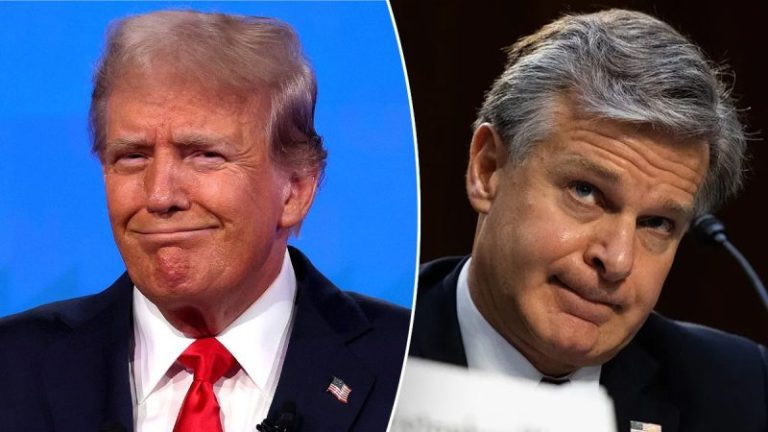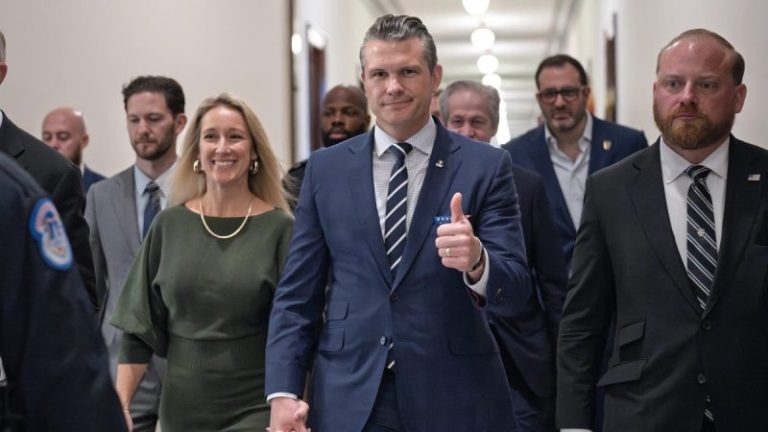Rep. Brian Mast, R-Fla., excoriated Secretary of State Antony Blinken over the estimated ‘tens of billions’ of U.S. taxpayer dollars he says have been sent to the Taliban since U.S. troops withdrew from Afghanistan.
Mast, who was selected a day earlier to become the new chair of the House Foreign Relations Committee next month, grilled Blinken over the Biden administration’s handling of the chaotic August 2021 withdrawal.
The current committee chair, Rep. Michael McCaul, R-Texas, issued multiple subpoenas in September for Blinken to testify. Under threat of a contempt of Congress vote, he finally agreed.
Mast asked the U.S.’ top diplomat if he had been in Afghanistan since the killing of 13 U.S. service members and roughly 170 Afghan civilians by a suicide bombing attack at Hamid Karzai International Airport’s Abbey Gate, and Blinken responded that he had not. Noting that the United States no longer has control of the U.S. embassy in Afghanistan, Mast said, ‘yet we are still giving the Taliban tens of billions of dollars.’
‘There’s an American citizen out there, literally woke up this morning losing 30% of their paycheck. And a good percentage of that is going to the Taliban or other programs abroad,’ Mast said. ‘And this is something that we all need to think about, and we will be thinking about deeply for the next two years. There’s a joke that’s made often out there about kids going to college to learn basket weaving, and what a joke that would be. But the United States right now is literally sending tens of millions of dollars to the Taliban. 14.9 million, to be exact, to teach Afghans how to do carpet weaving.’
‘We are giving $280 million to the United Nations to do cash transfers for food in Afghanistan,’ Mast continued. ‘Yet we’re not sending an ear of corn from Iowa, a sack of potatoes from Idaho, or a cucumber or an orange from Florida. And that discounts the fact that there’s no American tonnage going through our ports to send those things out of here, either. It’s just cash transfers.’
Citing reports by the Special Inspector General for Afghanistan Reconstruction (SIGAR), which tracks the status of U.S. funds appropriated for reconstruction efforts, Mast said another $75 million has been sent to teach women to become farmers.
‘I don’t believe that we spend $30 million in the United States of America to teach women to be farmers,’ Mast said.
Earlier, Rep. Joe Wilson, R-S.C., stressed how since Afghanistan fell to the Taliban ‘women have effectively been banished from public life, unable to speak in public or holding a job, including nursing.’
‘My colleague Mr. Wilson brought up that they can’t even dance in the streets or speak to one another or go to school. I’m not sure that we can trust that that $75 million is being used to teach them agriculture,’ Mast said. ‘And as you pointed out, we don’t have any diplomats on the ground to confirm the validity of these programs.’
Mast also asked Blinken to explain the $3.5 billion transferred to the Afghan fund ‘that is tended to protect the macro financial stability on behalf of the Afghan people.’
‘What the hell does that mean? Can you tell me? I don’t know, that’s a bunch of gibberish to me,’ Mast pressed. ‘Even worse, by the numbers, we spent $9 billion to resettle 90,000 roughly Afghan refugees here since the fall of Afghanistan. My simple Army math tells me that’s about $100,000 a person. That’s absurd. So my question for you. We do not even have an embassy in Afghanistan. We have no diplomats there. What are we doing giving them $1?’
Blinken’s response centered on how the money the United States and other countries provide is implemented through partners, such as United Nations agencies and NGOs.
‘Yes, we could say that about all the State Department dollars, foreign NGOs, foreign countries, foreign companies, and in this case, foreign adversaries,’ Mast interjected.
‘Mr. Secretary, you know for a fact that people literally, especially outside of this country, they directly lied to us,’ Mast said. ‘Your people had to come back and correct. Hey, it turns out we were, in fact, spending half a million dollars to expand atheism in Nepal. through the third party implementer of Humanist International. They were lying to us. They didn’t show us the exact slide show that they put together for half a million dollars. And all this, they lied to us. We have no eyes on the ground. And I would simply close with this. We again, we do not even have an embassy there. We have no business putting one dollar into that place.’
Mast was referencing how a two-year investigation by House Republicans forced the State Department to admit that a $500,000 grant intended to promote ‘humanism and secularism’ in Nepal may have been misused.
In response, Blinken said he respectfully disagreed with Mast’s opposition to the Afghan funds, saying, ‘The work we have done through these partners, and many other countries have done, has saved many, many lives in an incredibly difficult situation.’
This post appeared first on FOX NEWS



